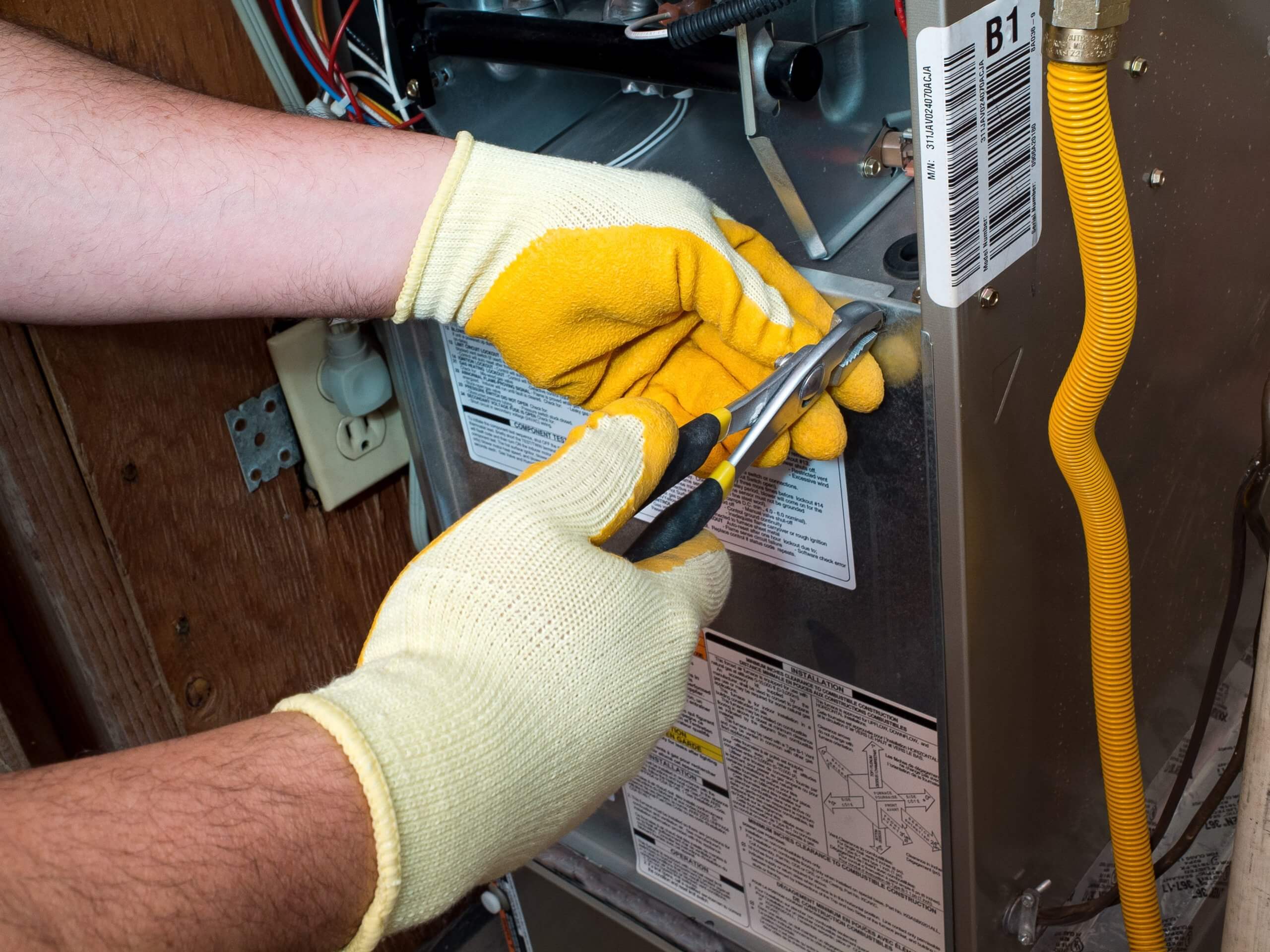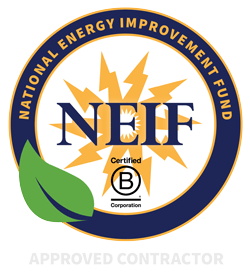10 Questions to Ask Before A Furnace Replacement
- Heating

When chilly weather rolls around, nothing could be more important than being comfortable in your own home and having peace of mind. Having the right home heating system for your home and specific needs can provide that comfort and peace. According to the U.S. Department of Energy, home heating and cooling accounts for more than half of the average homeowner’s utility costs. If your home has an outdated, inefficient older furnace, it could be needlessly raising your energy bill. Likewise, if you purchase a new, energy-efficient furnace model that is incorrectly sized for your home, you could still be at risk for higher costs.
Careful consideration when selecting a new furnace provides many benefits. Your new furnace will be able to handle the comfort needs of everyone in your family, reduce your utility bill, improve your indoor air quality, and extend your furnace’s lifespan, allowing you to enjoy a warm, stress-free fall and winter for years to come.
Various characteristics of your new furnace unit, such as type, size and efficiency, affect the amount it will cost to keep your home toasty when the temperature drops, as well as how long your furnace will continue operating at peak levels after years of use during the peak heating season. Purchasing the incorrect furnace for your home will result in a variety of potential issues that will cause stress instead of keeping you warm and comfortable during the winter months:
- Poor system efficiency – Each home has its own specific heating needs. The incorrect system, even an energy-efficient model, can be inefficient in your home due to size or type.
- Increased repair and maintenance costs – When you install the wrong size or type of furnace for your home’s size or needs, it can put stress and strain on the unit to keep your home comfortable, resulting in more frequent maintenance and need for repairs.
- Shortened furnace lifespan – When your furnace struggles to keep up with your heating needs, it will cycle on and off frequently, increasing wear on your system, and eventually require replacement, whereas a unit suited to your home will provide years of service.
- Inconsistent heating during fall and winter – Your furnace needs to be carefully selected for your home and your geographical location to ensure that it not only provides sporadic heating during cooler fall months, but can handle constant use during frigid winters.
- Increased safety risks – Installing a furnace that is incompatible with your home’s specific size and needs can greatly increase the chance of residential fires as well as heighten risks of carbon monoxide exposure.
For More Information on All Things HVAC, Call NSHEC Today!
Contact North Shore Home Energy Today!
Check Out Our Current Specials!
Read The Great Things That Your Neighbors Are Saying About NSHEC.





